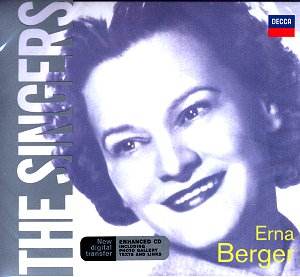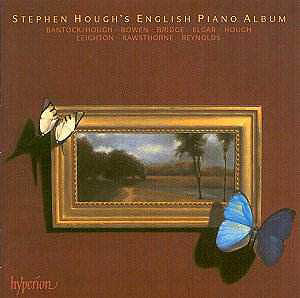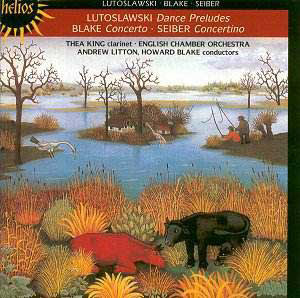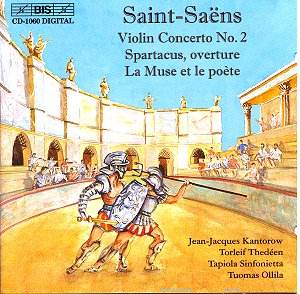 Composer: Erna Berger
Composer: Erna Berger
Works: Arias and duets by Grieg, Mozart, Donizetti, R. Strauss, Verdi, etc.
Performers: Erna Berger (soprano), Heinrich Schlusnus (baritone), Viorica Ursuleac (soprano), Tiana Lemnitz (soprano) & Orchestra of Staatsoper Berlin, Various conductors
Recording: Berlin, Germany, 1934-44
Label: Decca
The compilation of arias and duets featuring Erna Berger, a celebrated soprano of the early 20th century, presents an intriguing glimpse into the artistry of a vocalist whose career flourished amidst the tumult of the pre-World War II era. As part of Decca’s “The Singers” series—an initiative aimed at showcasing significant figures from the first century of recorded music—this release juxtaposes Berger’s light lyric coloratura with a repertoire that includes works by Mozart, Verdi, and R. Strauss, among others. The historical significance of this collection lies not only in the artistry of its principal vocalist but also in its documentation of the performance practices and vocal styles of the time.
Berger’s voice, characterized by its clarity and agility, shines throughout the disc. Her immaculate legato is particularly compelling in pieces such as “Caro Nome” from Rigoletto, where her phrasing conveys both innocence and yearning. The duet “Là ci darem la mano” with Heinrich Schlusnus exemplifies her ability to blend seamlessly with a partner, creating an intimate dialogue that captures the essence of the Mozartian spirit. Schlusnus’s rich timbre complements Berger’s lightness, though moments of slight rawness are apparent, a testament to the recording’s age and the limitations of the technology of the time.
The recording quality, while generally acceptable given the historical context, does suffer from surface noise and inconsistent sound levels. Tracks five and thirteen exhibit noticeable surface interference, which detracts from the listening experience, particularly in passages demanding clarity and nuance. Additionally, the spatial placement of Berger’s voice fluctuates throughout the album; at times, she is strategically forward in the mix, while in others, her contributions feel somewhat recessed. Such variability can be distracting, yet it also offers a window into the technical challenges faced by engineers in the 1930s and 1940s.
Interpretively, Berger displays a remarkable commitment to character, particularly in her portrayal of Gilda in “Caro Nome” and Violetta in selections from La Traviata. Her expressive trills and secure upper register showcase her technical prowess, even as her interpretation of “Adele’s Spiel ich” from Die Fledermaus lacks the necessary vivacity, revealing a potential misalignment with the character’s spirited nature. The trio from Der Rosenkavalier, featuring Viorica Ursuleac and Tiana Lemnitz, is undeniably a highlight, though it suffers from slight congestion at climactic moments, possibly due to microphone overload or subpar mastering.
Berger’s artistry is juxtaposed with that of her contemporaries, and while her technical achievements are commendable, comparisons with modern practitioners underscore the evolution of vocal interpretation. The current dearth of Verdi baritones, as noted in Schlusnus’s performance, points to a shift in vocal timbre and approach that may influence how we perceive these historical recordings.
This release not only celebrates the vocal beauty of Erna Berger but also serves as a poignant reminder of the artistic climate of her time. The combination of exquisite singing, historical repertoire, and the challenges of early recording technology creates a rich tapestry that invites both admiration and reflection. For those who appreciate the nuances of early 20th-century opera and the evolution of vocal artistry, this collection is an enriching experience that merits attention. The virtues of Berger’s performances, particularly in “Last Rose,” “Pearl Fishers,” and “Là ci darem,” affirm her place in the pantheon of great singers and highlight the enduring power of her musical legacy.



